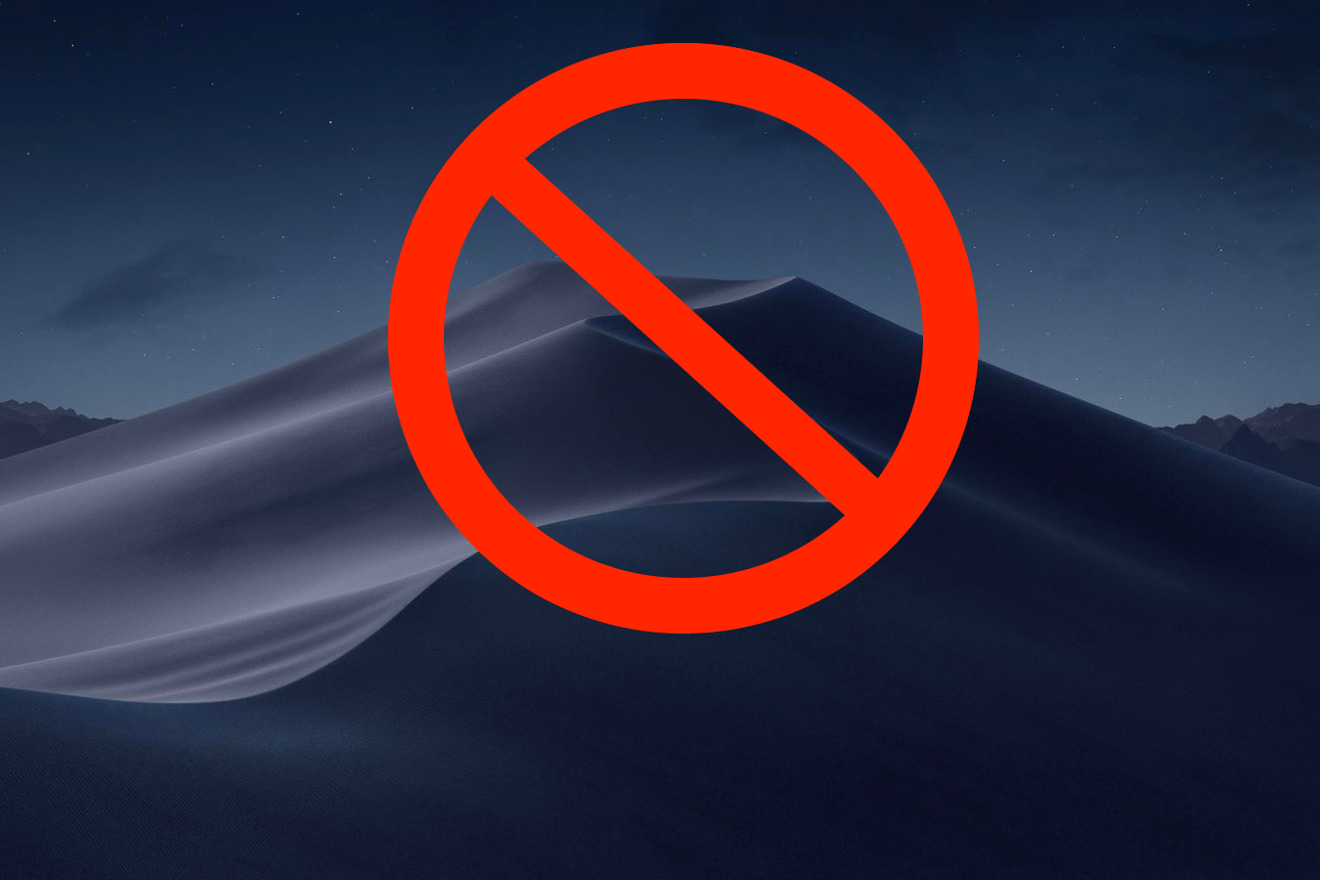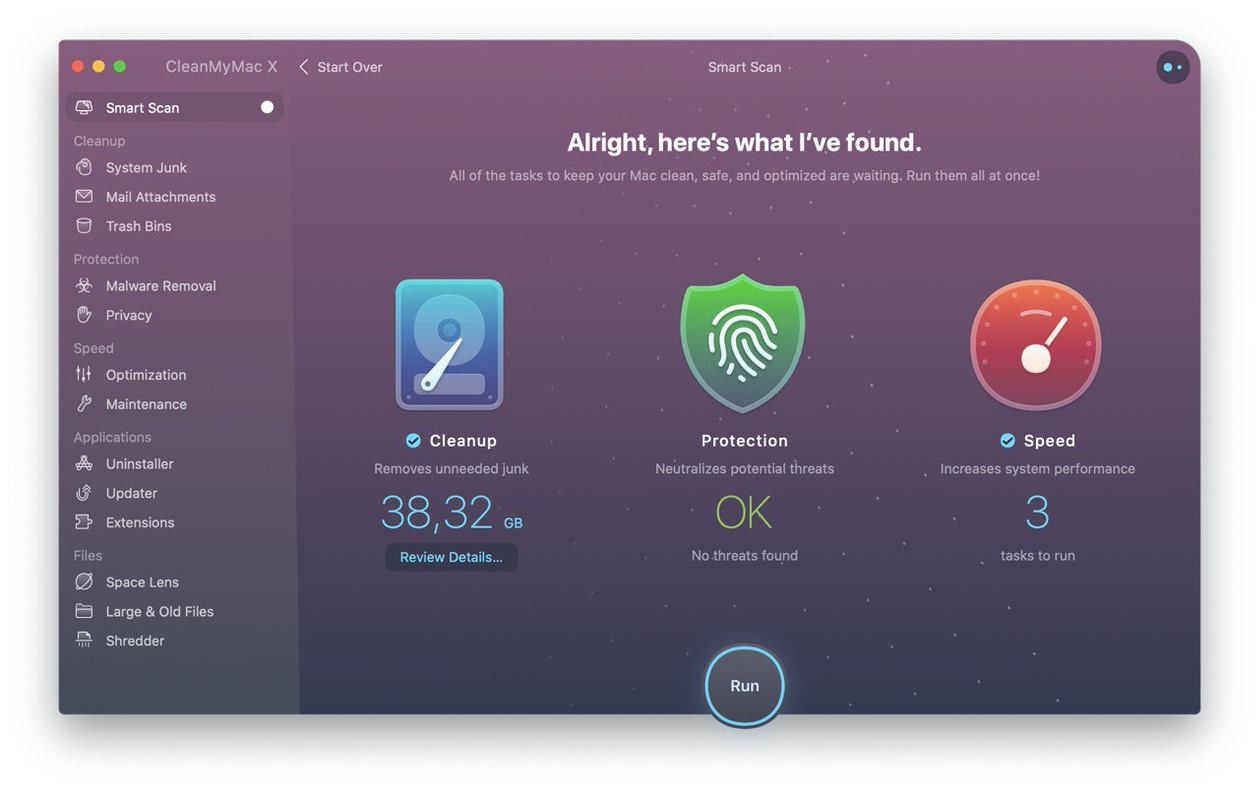Install Macos 11 Big Sur On Unsupported Macs
MacOS Big Sur 11.0 and later allows management of legacy system extensions for both Intel-based Mac computers and Mac computers with Apple silicon. How to manage legacy system extensions Kernel extensions that use previously deprecated and unsupported KPIs no longer load by default. (The Host Mac will do the work and the Target Mac is the Mac you need to Restore) 1. USB-C Mac as the Host Machine. The Host Mac must have at least macOS 10.15.6 and Apple Configurator 2.13.1 or newer installed. (Version 2.13.2 is the latest as of 11/18/20) 3. DosDude Catalina Patcher is a popular third-party tool that allows users to patch the MacOS Catalina installer on otherwise unsupported Macs. Of course, just because you can do this, doesn't mean.
- Install Macos 11 Big Sur On Unsupported Macs 7
- Big Sur Mac Pro 5 1
- Install Macos 11 Big Sur On Unsupported Macs 11
Before you begin to download the macOS 11 Big Sur, you should make sure your Mac can run the software. These are the Macs that can install macOS 11 Big Sur as of now: 12-inch MacBook (2015 and later). Aug 25, 2021 The macOS 11, which goes by the name Big Sur, comes with a newer user interface and menu bars, redesigning icons and other features. It is better than macOS 10.15, Catalina, due to its powerful improvement and new features. However, Apple dropped various Mac versions, making installation of macOS 11 on unsupported Macs almost impossible. Feb 20, 2021 To install macOS Big Sur on unsupported Mac models, you need to download Big Sur Patcher file. This will trick the installation files of the macOS version you want to install and convince it that the Mac is compatible. You can download Big Sur Patcher file below. Download Big Sur Patcher File. To install Big Sur on an unsupported Mac, you must first create a bootable USB drive using a special patcher app. Then you need to use the USB drive to install Big Sur on the unsupported Mac, and, lastly, you must install the needed patches. Creating a bootable USB stick using the Big Sur patcher.
Microsoft word mac 64 bit. Existing Office 2016 for Mac customers will be seamlessly upgraded to 64-bit versions of Word, Excel, PowerPoint, Outlook, and OneNote as part of the August product release (version 15.25). This affects customers of all license types: Retail, Office 365 Consumer, Office 365 Commercial, and Volume License installations. Office Suite Software 2021 Microsoft Word 2019 2020 2016 2013 2010 2007 365 Compatible CD Powered by Apache OpenOffice for PC Windows 10 8.1 8 7 Vista XP 32 64 Bit & Mac OS X - No Yearly Subscription. Microsoft Word Free Download for Mac: Microsoft Word Free Download for Mac is available here for your Mac system. It is very essential for any Windows, Mac users. Microsoft Word is a big cash cow, so it does not give you the privilege where you may enjoy options like free download MS Office for Mac and continue using it forever.
However, there are ways to install macOS Big Sur at least on some of the unsupported Macs like the mid-2012 or the early-2013 MacBook Pro. MacOS Big Sur Supported Models Apple MacBook 2015 and later.
This article is intended for system administrators at businesses and educational organizations.
About system extensions in macOS
System extensions on macOS Catalina 10.15 and later allow software, such as network extensions and endpoint security solutions, to extend the functionality of macOS without requiring kernel-level access. Learn how to install and manage system extensions in user space instead of the kernel.
Legacy system extensions, also known as kernel extensions or kexts, execute in a highly privileged mode of the system. Starting with macOS High Sierra 10.13, a kernel extension must be approved by an administrator account or a Mobile Device Management (MDM) profile before it can load.
macOS Big Sur 11.0 and later allows management of legacy system extensions for both Intel-based Mac computers and Mac computers with Apple silicon.
How to manage legacy system extensions
Kernel extensions that use previously deprecated and unsupported KPIs no longer load by default. You can use MDM to modify default policies to not show dialogs periodically and to allow the kernel extensions to load. For Mac computers with Apple silicon, you must first change the security policy.
How To Install Catalina Unsupported Mac
To install a new or updated kernel extension in macOS Big Sur, you can do either one of the following:
- Instruct the user to follow the prompts within Security & Privacy preferences to allow the extension, then restart their Mac. You can permit users who are not administrators to allow the extension using the
AllowNonAdminUserApprovalskey in the Kernel Extension Policy MDM payload. - Send the
RestartDeviceMDM command and set theRebuildKernelCachekeyto True.
Install Macos 11 Big Sur On Unsupported Macs 7
Any time the set of approved kernel extensions changes, either after initial approval or if the version is updated, a restart is required.

Additional requirements for Mac computers with Apple silicon

Mac computers with Apple silicon require kernel extensions to be compiled with an arm64e slice.
Before you can install a kernel extension on a Mac computer with Apple silicon, the security policy must be changed in one of the following ways:
Big Sur Mac Pro 5 1
How To Get Catalina On Unsupported Mac
Install Macos 11 Big Sur On Unsupported Macs 11
- If you have devices enrolled in MDM with Automated Device Enrollment, you can automatically authorize remote management of kernel extensions and change the security policy.
- If you have devices enrolled into MDM with Device Enrollment, a local administrator can change the security policy manually in macOS Recovery and authorize remote management of kernel extensions and software updates. Additionally, an MDM administrator can advise the local administrator to make this change by setting
PromptUserToAllowBootstrapTokenForAuthenticationin MDMOptions or by setting the same key in the MDM profile. - If you have non-MDM devices or devices enrolled into MDM with User Enrollment, a local administrator can change the security policy manually in macOS Recovery and authorize user management of kernel extensions and software updates.